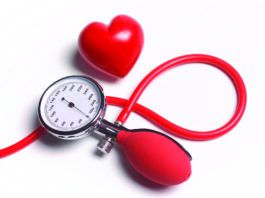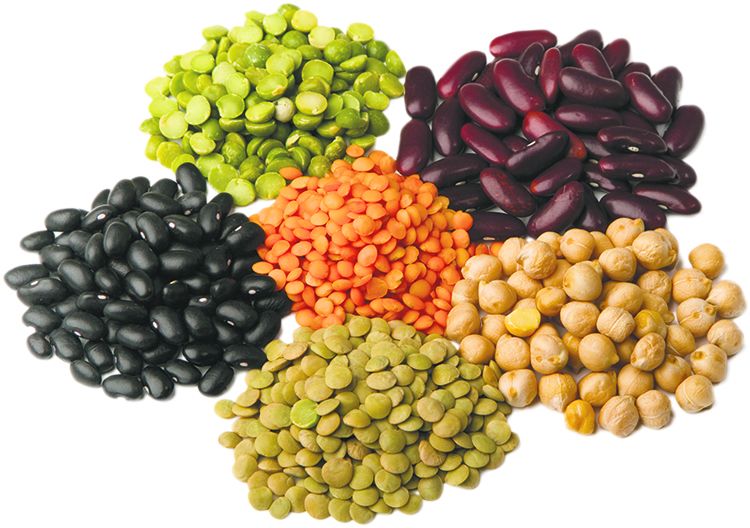Older People Have a Harder Time Staying Asleep
Suffer from insomnia? Heres an eyeopening finding: The real problem
Comparing Cooking-Oil Choices
A complete guide to the nutrition and smart uses of popular cooking and salad oils. Walking into the vegetable-oil section of your favorite supermarket can easily trigger
Spin Common in Study Coverage
Putting an overly positive spin on study results starts with the summary of
Olive Oil Boosts Blood-Vessel Function
Antioxidant compounds fight inflammation, expand blood vessels.
Tomatoes Lower Mens Stroke Risk
Lycopene is also a potent antioxidant, working in the body to counter free radicals that can damage cells and their DNA. Its that antioxidant ability Finnish scientists suspect might cut the risk of stroke.
Grapefruit-Drug Interactions Found to Be More Common
If youre taking any regular medications, check with your doctor before including grapefruit
Eating Right May Prevent More Heart Trouble
Even patients whove already had a heart attack or who are on medications can benefit from a healthy diet, according to a new study.
Eat Right to Fight Heartburn and Reflux
Reading the news about heartburn might be enough to give you the painful condition if you arent already among the estimated 44% of Americans who suffer at least once a month. First came warnings that long-term use of a popular type of heartburn medications-proton-pump inhibitors (PPIs)-might increase the risk of hip fractures in people over 50. Now gastroenterologists are reporting cases that dont even respond completely to those medications.
Legumes Improve Heart Risk, Glycemic Control
A new study suggests that legumes could also lower cardiovascular risk by reducing blood pressure, along with improving glycemic control.
Vitamin D Doesnt Help Arthritic Knees
Dont look to vitamin D pills to relieve your knee arthritis pain.































